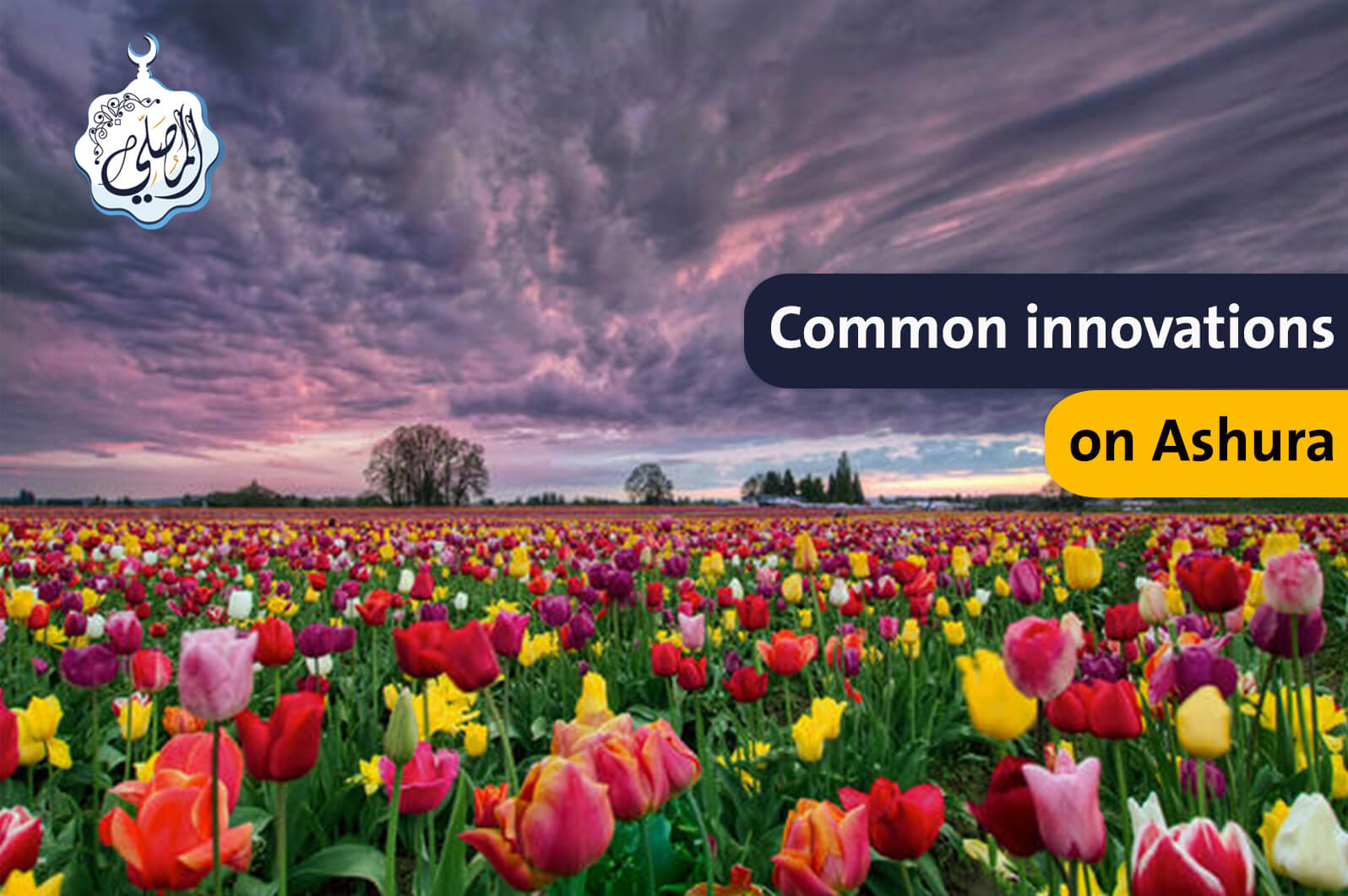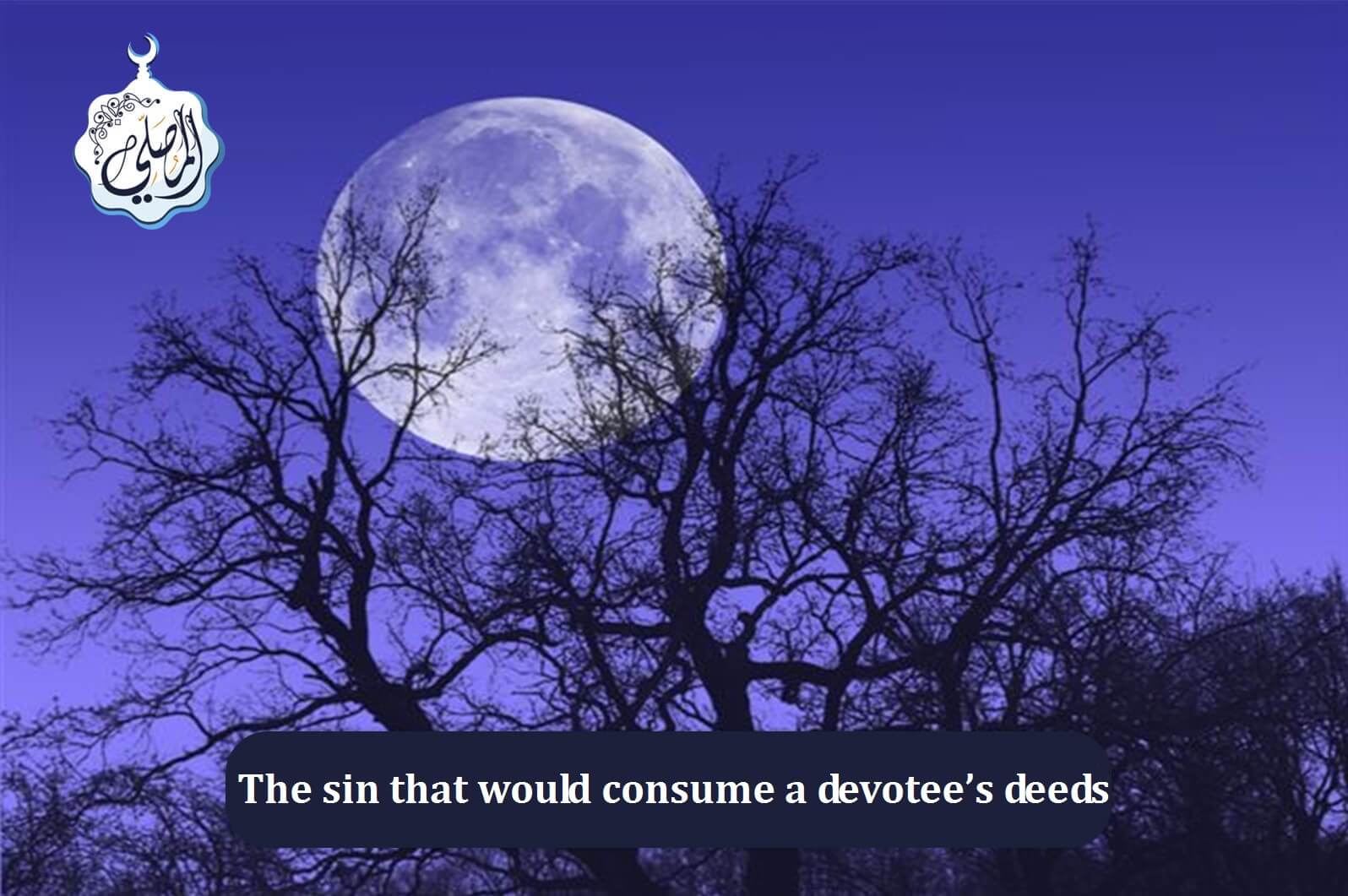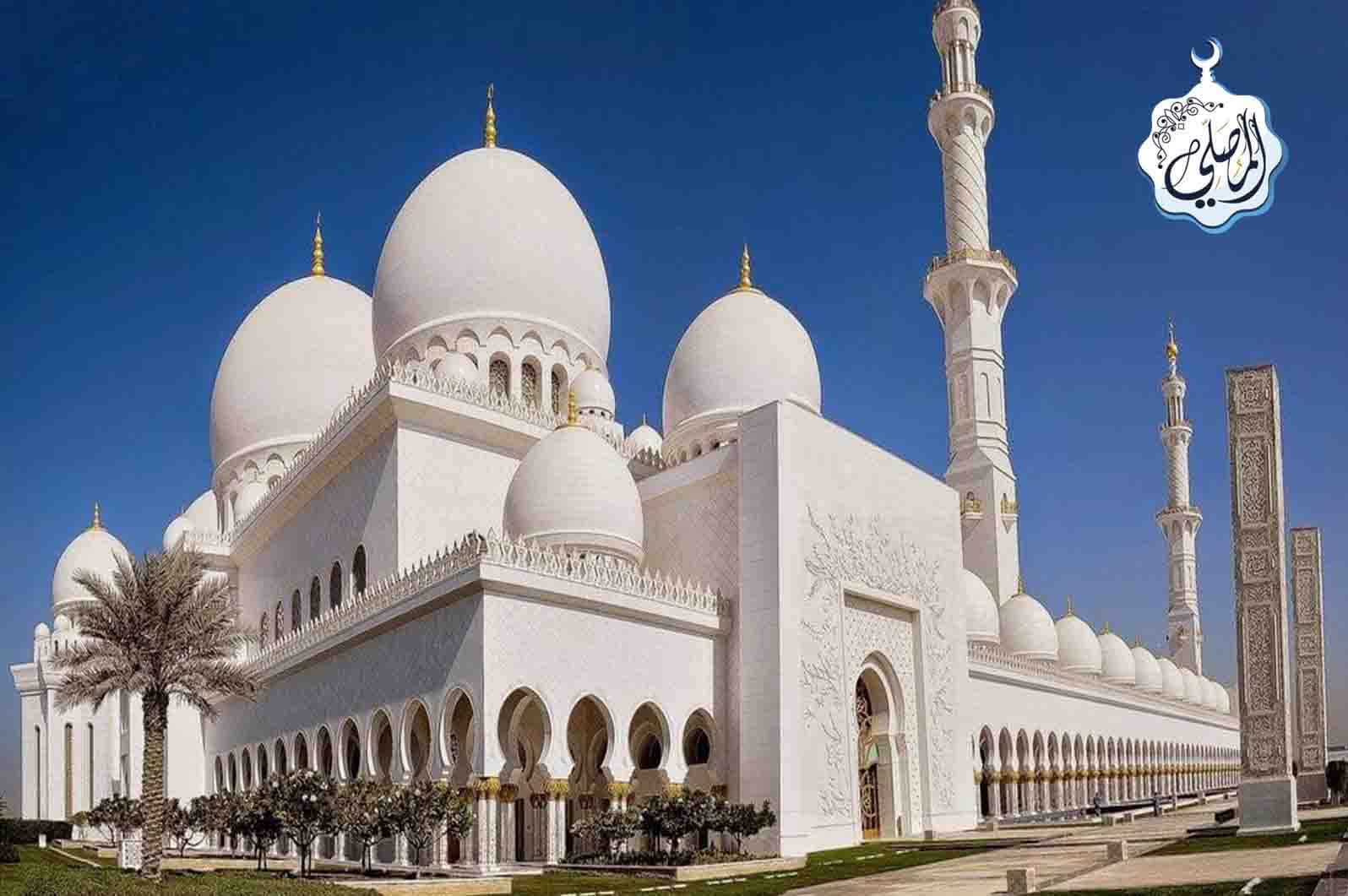
The Farewell Sermon, also known as the Khutbatul Wada, delivered by Prophet Muhammad (PBUH) during the Hajj pilgrimage in 632 CE, holds immense significance for Muslims worldwide. It marked a momentous occasion, the Prophet's final public address, where he imparted essential teachings for generations to come.
A Call to Righteousness and Equality
The sermon began with a powerful reminder of accountability:
"O People, lend me an attentive ear, for I know not whether after this year, I shall ever be amongst you again." (Reported by Al-Bukhari)
Prophet Muhammad (PBUH) emphasized the sanctity of life and property, urging justice and fair treatment:
“O People, just as you regard this month, this day, this city as sacred, so regard the life and property of every Muslim as a sacred trust.” (Sahih al-Bukhari)
He further addressed the issue of racial and social equality, echoing the Quranic verse:
“O mankind, indeed We have created you from male and female and made you into nations and tribes that you may know one another. Indeed, the most honored of you in the sight of Allah is the most fearing of Him.” (Quran 49:13)
The Prophet (PBUH) stressed that piety and good deeds are the true measures of worth, dismantling any notions of superiority based on ethnicity or lineage.
Foundational Pillars of Islam
The sermon served as a powerful consolidation of Islamic principles. Prophet Muhammad (PBUH) outlined the core practices, ensuring the continuation of the faith:
"O People! Listen to me in earnest, worship Allah, say your five daily prayers, fast during the month of Ramadan, and give your wealth in Zakat [obligatory charity]. Perform Hajj if you can afford it." (Reported by Al-Bukhari)
The Enduring Legacy: Quran and Sunnah
Perhaps the most profound message of the Farewell Sermon lies in the Prophet's (PBUH) identification of the two guiding lights for Muslims:
“O People! No Prophet or apostle will come after me and no new faith will be born. Reason well, therefore O People! and understand words that I convey to you. I leave behind me two things, the Quran and my Sunnah and if you follow these you will never go astray.” (Sahih Muslim)
The Quran, the literal word of God, serves as the foundational text of Islam. The Sunnah, the Prophet's (PBUH) teachings and practices, provides practical guidance on implementing the Quran's message. By adhering to these two sources, Muslims ensure they remain on the straight path.
A Timeless Message
The Farewell Sermon transcends time and place. It serves as a constant reminder of the importance of core Islamic values – justice, equality, and devotion to Allah. By reflecting on the Prophet's (PBUH) final words, Muslims can strengthen their faith and build a more just and harmonious society










 share facebook
share facebook share whatsApp
share whatsApp share twitter
share twitter share telegram
share telegram copy
copy







